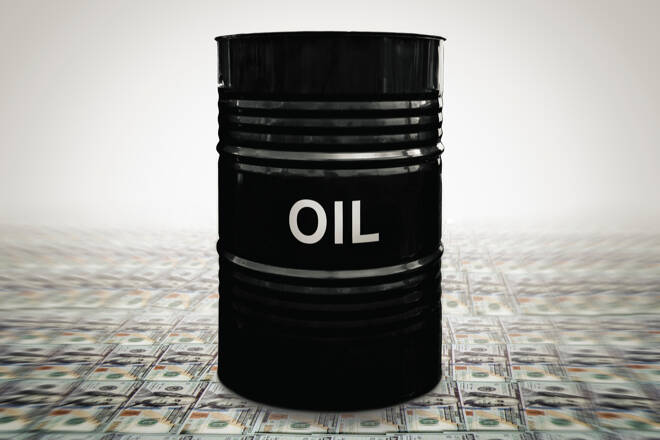Advertisement
Advertisement
Russian Oil Price Cap May Be Set At Lower Levels
By:
Several EU countries are trying to set the price cap as low as possible.
Key Insights
- According to recent reports, EU countries discuss a $62 price cap for Russian oil.
- Poland and Baltic countries maintain pressure to push the price cap to lower levels.
- Russia reiterates it is willing to cut production to avoid selling oil to countries that participate in the price cap scheme.
The Price Cap May Be Set At $62
Last week, EU countries failed to reach consensus on the price cap deal as Poland wanted to set an aggressive cap to cut Russia’s oil revenues.
This week, negotiations continued. According to the recent report, EU is discussing a price cap of $62 per barrel. According to the report, Poland and Baltic countries believe that this price is too high. This group wants to set the price cap as low as possible.
Previously, EU countries discussed a price cap of $65 – $70 per barrel. Greece, which has a strong shipping industry, wanted to set a high price cap to protect its business.
However, it looks that Poland has managed to put enough pressure on other members, and the potential price cap is moving lower.
EU countries are trying to set the price cap before the EU sanctions on Russian oil are implemented on December 5. Most likely, negotiations will intensify in the upcoming days, and the consensus will be reached despite current challenges.
Russia Reiterates It Will Not Sell Oil To Countries That Participate In The Price Cap Scheme
While EU countries are trying to set the price cap on Russian oil, Russia continues to signal that it will not supply oil to countries that participate in the price cap deal.
Russian Deputy Prime Minister Alexander Novak, who previously served as Energy Minister, has once again reiterated Russia’s position.
He said that Russia would not supply oil even if the price cap is high because the whole idea of the price cap is unacceptable. Russia’s options include selling oil to countries that have not set the price cap or cutting production.
The second option will be bullish for oil markets, which have been under pressure in recent weeks amid concerns about the slowdown of the world economy and COVID-related problems in China.
At this point, oil traders do not believe that the price cap will have a dramatic impact on Russian oil exports. However, the market’s view may change quickly after December 5.
For a look at all of today’s economic events, check out our economic calendar.
About the Author
Vladimir Zernovauthor
Vladimir is an independent trader, with over 18 years of experience in the financial markets. His expertise spans a wide range of instruments like stocks, futures, forex, indices, and commodities, forecasting both long-term and short-term market movements.
Advertisement
